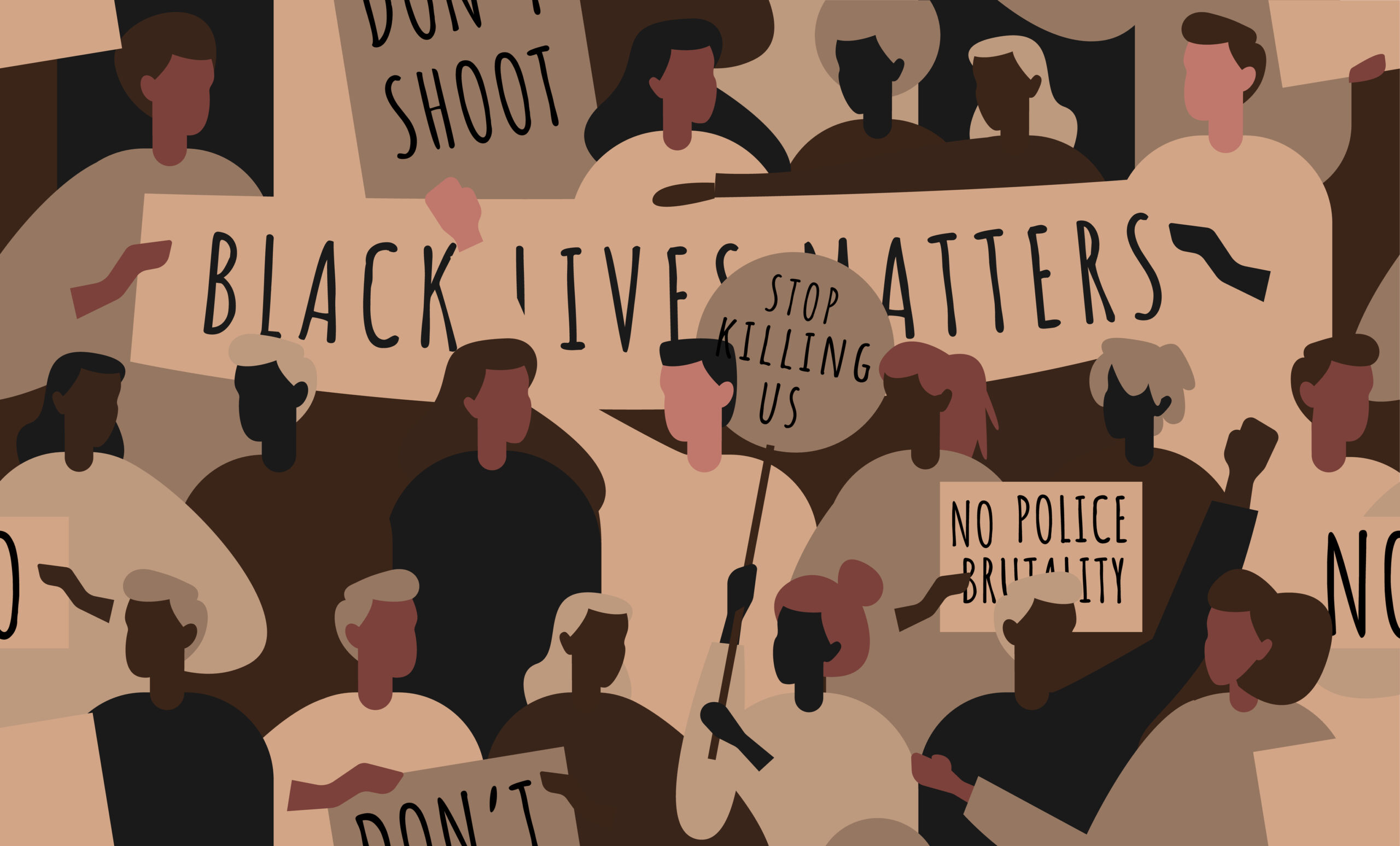
The overwhelming majority of law enforcement officials in this nation carry out their incredibly challenging duties in a way that respects their communities and upholds the law. This isn't the case, though, in other situations.
Police brutality in the United States has plagued the country for far too long. Police brutality is a horrifying example of the legacy of racism in America; it is a system that unfairly favors some people over others based on their skin color and undermines the community as a whole by wasting human resources. Since the police have a duty to serve and protect, nobody should ever be treated unfairly by officers.
Q: Can I contact a lawyer before providing any answers to questions?
A: Yes. Whether or not the police inform you that under the Constitution, you are entitled to counsel before answering any questions. The police should stop questioning you when you indicate that you want to speak with a lawyer.
Q: Can I sue the police when they violate my rights?
A: Yes, the Constitution and state legislation must both uphold your rights as a citizen of the United States.
Q: What steps would need to be followed in the aftermath of police misconduct or brutality?
A: Contact your civil rights attorney immediately. If you're being investigated for a crime, remain silent until you've spoken to a lawyer.
Q: What is police brutality?
A: Police brutality is the unlawful use of force by a police officer against a civilian without justification.
In the United States, there is a serious issue with police brutality. Unfortunately, there are many reasons for this, but because so few officers have had to deal with the effects, the reasons have not yet received enough attention.
Police brutality can take on many various forms, many of which are complicated and frequently lack adequate explanations. Lack of accountability and prosecution is one of the main factors contributing to police brutality in the United States. Inadequate training and a stressful work environment are two additional issues that contribute to a culture of police misconduct.
In order to ensure that officers are focused on safe custody and that they only use the least amount of force necessary, law enforcement must make sure that training guidelines are constantly updated. Today's police brutality events are frequently brought on by officers who continue to operate under the influence of obsolete information or assumptions. If proper training and continual improvement are not provided, these situations may occur and will continue to occur.
Nearly 99 percent of the time, when a police officer is involved in a community member being killed, neither charges nor justice is upheld against the officer. The 99 percent justification rate for murdering a member of the public raises valid concerns about whether cops are being held accountable.
Therefore, police officers who break the law must face the consequences of their acts. Our constitutional right to be free from arbitrary uses of force is vital to the legal deference that police officers are entitled to and do receive when they use force. Only when cops who abuse their authority and use excessive force in violation of the Constitution are held accountable will this crucial balance be preserved.
Police brutality can occasionally result from stressful work environments. If a law enforcement officer or group believes the public is hostile toward their work or, at best, unsympathetic, they may act inappropriately in tense situations. In general, police officers should have a companion with whom they can discuss the difficulties of their work and avoid isolating themselves.
George Floyd
One of the most recent and well-known cases of police abuse is George Floyd. Thanks to video evidence and eyewitness accounts, we are aware that Mr. Floyd was pinned beneath three police officers while pleading for his life.
After being accused of several offenses, including second-degree murder and aiding and abetting second-degree murder, the officers involved in this case were discharged from the police force.
Philando Castile
Officer Jeronimo Yanez stopped Philando Castile's car for a traffic stop on July 6, 2016, while he, his fiancée Diamond Reynolds, and their children were traveling through Falcon Heights, Minnesota.
During the stop, Mr. Castile indicated to the officer that he was carrying a legally owned weapon. As Mr. Castile began to search for his identity, officer Yanez shot Mr. Castile seven times, resulting in his death.
Officer Yanez was not found guilty of the manslaughter charges. After the verdict, wrongful death lawsuits brought by the families of Castile and Reynolds against the city were resolved for a total of $3.8 million.
Rachelle Jackson Case
On November 19, 2002, Ms. Jackson saw an automobile accident; in the act of selflessness, she ran to the burning car and pulled one of the two Chicago police officers to safety. While she was in the process of assisting the injured cop, other police officers arrived. According to the arriving officers, Ms. Jackson reportedly stole the injured officer’s weapon.
After being detained, Ms. Jackson spent ten months behind bars. She was constantly threatened during that period and forced to write a statement.
As soon as the trial began, the judge dismissed the case. Soon after, Ms. Jackson filed a lawsuit against the city of Chicago and the Chicago police department for unlawful detention, coercive questioning, and malicious prosecution. $7.7 million was awarded to her for damages.
Police that use excessive force violates many rights, including the right to liberty and security, the right against discrimination, and the right to equal protection under the law. Police officers must be responsible citizens who cooperate with local groups, communicate openly, and treat all the communities they serve with respect. Lack of responsibility has eroded community confidence and fostered suspicion and hostility. The deaths of George Floyd, Rayshard Brooks, Breonna Taylor, and Jacob Blake, as well as several incidents of police aggression alone in 2020, triggered demands for greater police accountability and federal civil rights investigations. Thankfully, practically all cases of police brutality are covered under Section 242 of Title 18 of the United States Code, which is a federal criminal statute.
The deliberate denial of a privilege or right that is protected by the United States Constitution or other laws is prohibited by Title 18 United States Code, Section 242. According to this statute, judges, medical staff at public health facilities, and other public servants are all considered to be functioning in a legal capacity, as are police officers, correctional officers, and other law enforcement officers. The use of improper pepper spray, excessive use of lethal force, sexual assault, and other forms of intimidation are all prohibited under the law. However, the legislation forbids civilians from taking the police to civil court to seek monetary damages.
Civil lawsuits may be used to hold police officers responsible. Both state-based complaints and federal litigation are related to Title 42 United States Code: Section 1983, the federal law that prohibits constitutional violations by people acting under "the color of state law." Plaintiffs in civil rights cases must be permitted to file and succeed in their own civil rights lawsuits in order to hold police accountable for wrongdoing.
For a victim who wishes to file a civil tort action against a law enforcement agency, immunity will most likely be an obstacle. Many states have laws that grant public servants immunity when they carry out discretionary tasks like making an arrest. The 11th Amendment to the United States Constitution protects states from private individuals' civil suits filed in federal court.
Furthermore, laws in a number of states shield local governments from responsibility in these lawsuits. In the end, the particulars of the case and the legal environment will determine whether the government has a strong "immunity" defense. In response to Section 1983 claims, police frequently assert the qualified immunity defense, which absolves an officer of liability for civil rights violations provided that the behavior in question did not violate a clearly established right.
The term "police misconduct" refers to improper or unlawful action by officers. It can include disobeying laws imposed by the police department, the state, or the federal government.
Reports of police misconduct are beginning to appear more frequently in the media. The most common types of police misconduct that come to our attention are excessive force, brutality, corruption, forced interrogations, witness tampering, and racial profiling. These behaviors have the potential to result in physical harm or death, unjustified detention, and infringement of constitutional rights.
Police misconduct also increases the risk of social harm by endangering the execution of justice and eroding public trust in the police.
Police brutality is still a persistent problem across the country. Victims of law enforcement personnel's infringement of human rights have the right to ask for a sizable financial payment. However, on occasion, the victim may pass away as a result of severe injuries at the hands of the police. This gives eligible surviving family members the option to file a wrongful death lawsuit against law enforcement officials who employ excessive force and violence.
Wrongful death cases may be brought by eligible beneficiaries and the deceased's family members, who are normally close relatives. The following losses are typically compensated for through legal action:
According to the idea of social justice, everyone should have access to the same opportunities and rights. Fairness and equity are encouraged by social justice in various cultural organizations. As an example, it advocates for equality in employment, educational options, and financial prospects.
To fully comprehend the idea of social justice, one must be aware of its five guiding principles: access to resources, equity, participation, diversity, and human rights.
Title 42 U.S. Code Section 1983 is the main federal civil rights statute on which victims of police misconduct depend. Section 1983 forbids anybody acting in conformity with state law from denying another person the rights enshrined in the U.S. Constitution or any other federal law. This law was initially passed as a provision of the Civil Rights Act of 1871. It was meant to put an end to oppressive actions taken by the government and the general population who are members of vigilante organizations. The statute is frequently referred to as Section 1983 because it is contained in Title 42 Section 1983 of the United States Code.
The most frequent accusations leveled against members of law enforcement and police officers are:
Works Cited
“Deprivation Of Rights Under Color Of Law.” Department of Justice, 31 May 2021, https://www.justice.gov/crt/deprivation-rights-under-color-law.
“11th Amendment | U.S. Constitution | US Law | LII / Legal Information Institute.” Law.Cornell.Edu, https://www.law.cornell.edu/constitution/amendmentxi.
“42 U.S. Code § 1983 - Civil action for deprivation of rights.” Law.Cornell.Edu, https://www.law.cornell.edu/uscode/text/42/1983.
“Harass Definition & Meaning.” Merriam-Webster, https://www.merriam-webster.com/dictionary/harass.
Sheets, Krista. “Civil Tort Law | What is Tort Law?” LegalMatch, 7 October 2020, https://www.legalmatch.com/law-library/article/civil-tort-law.html.
“Fourth Amendment | US Constitution | US Law | LII / Legal Information Institute.” Law.Cornell.Edu, https://www.law.cornell.edu/constitution/fourth_amendment.
Garcia, Monique, and David Heinzmann. “Nurse who aided cop falsely held, jury says.” Chicago Tribune, 12 June 2008, https://www.chicagotribune.com/news/ct-xpm-2008-06-13-0806120821-story.html.
ALLEN, KARMA. “Philando Castile's girlfriend to receive $800000 settlement for emotional distress, false arrest.” ABC News, 29 November 2017, https://abcnews.go.com/US/philando-castiles-girlfriend-receive-800000-settlement-emotional-distress/story?id=51453256. Broaddus, Adrienne. “Trial of two former Minneapolis police officers charged in George Floyd's killing has been moved up.” CNN, 21 June 2022, https://www.cnn.com/2022/06/21/us/george-floyd-minneapolis-police-officers-trial/index.html.
